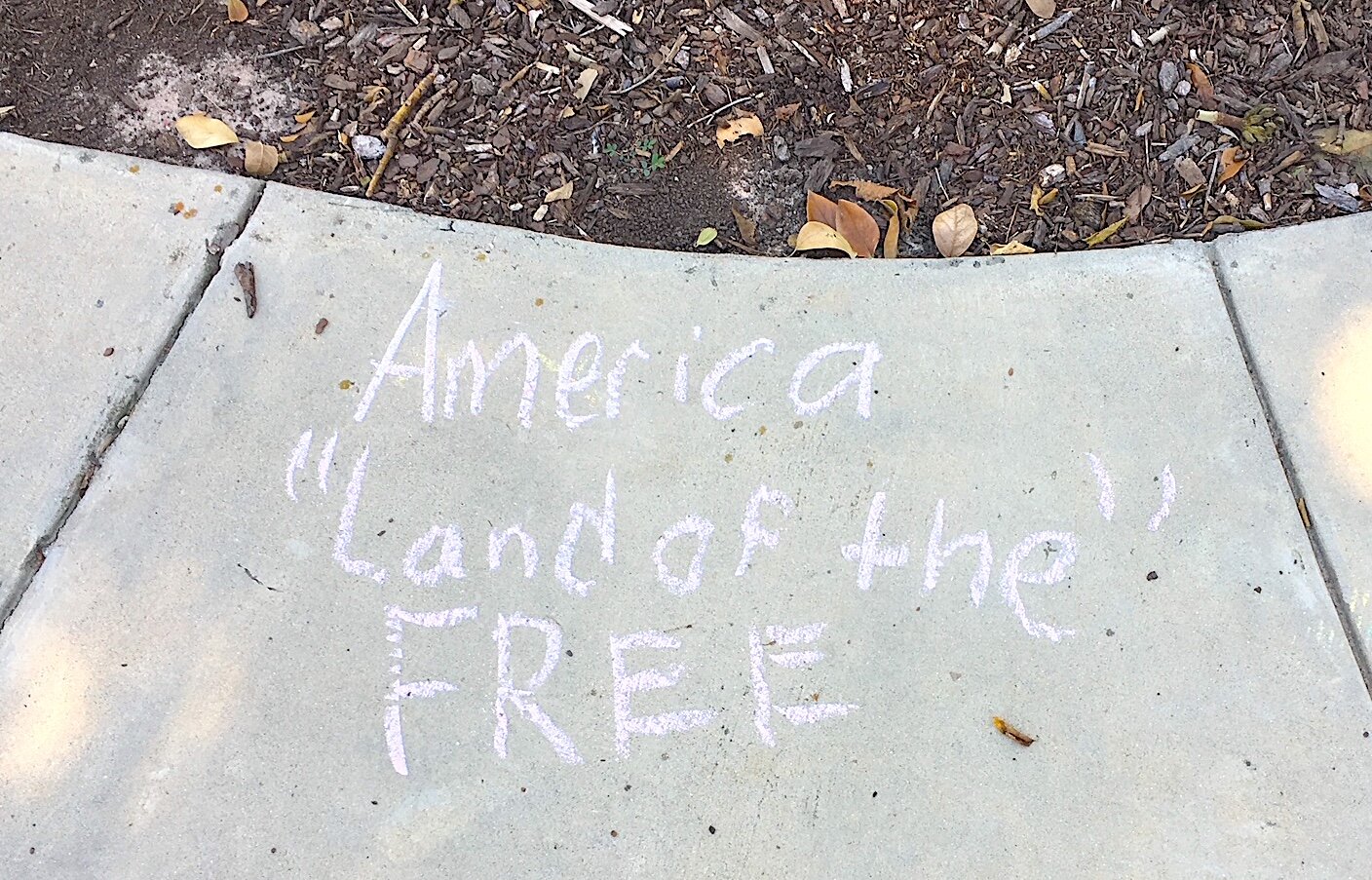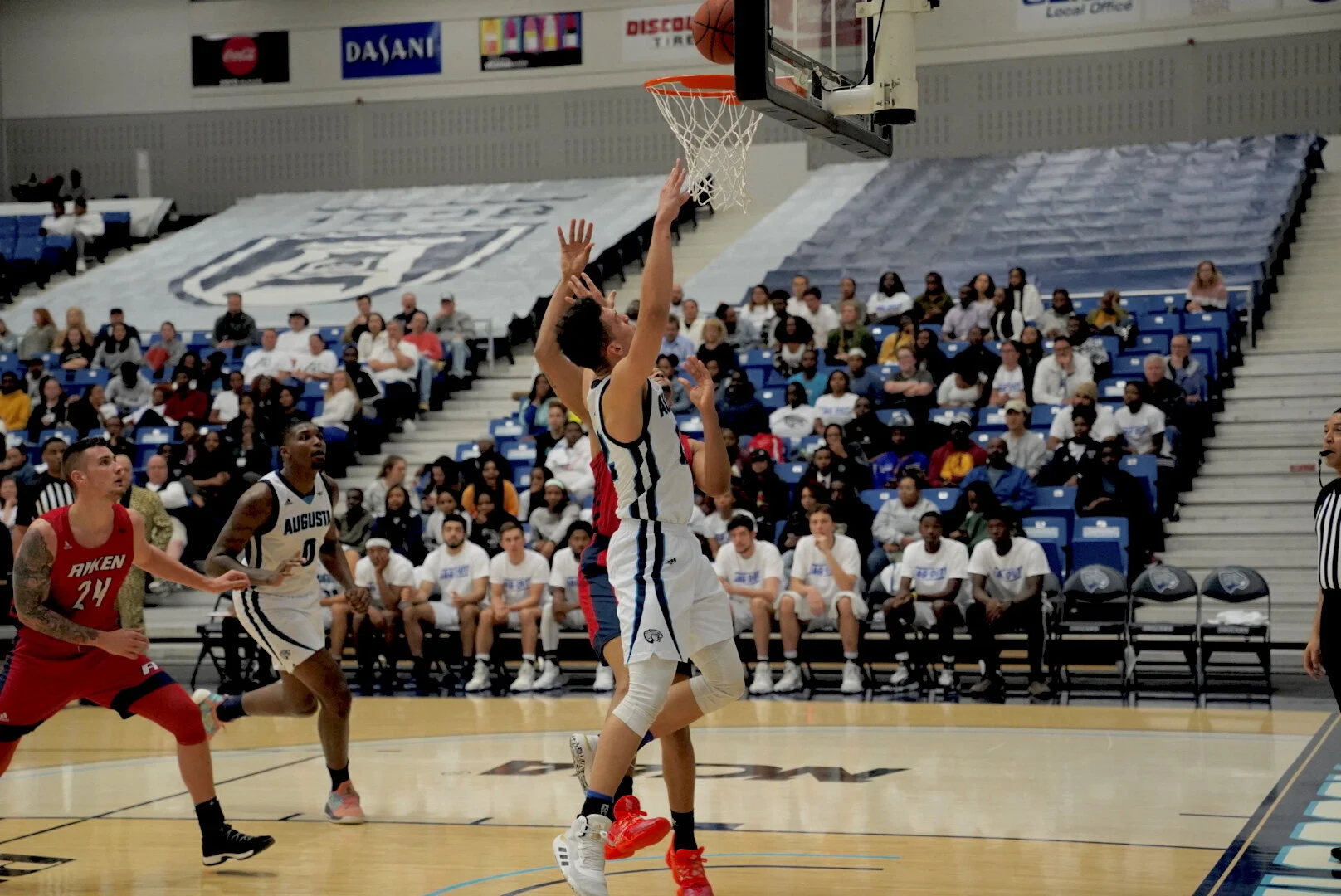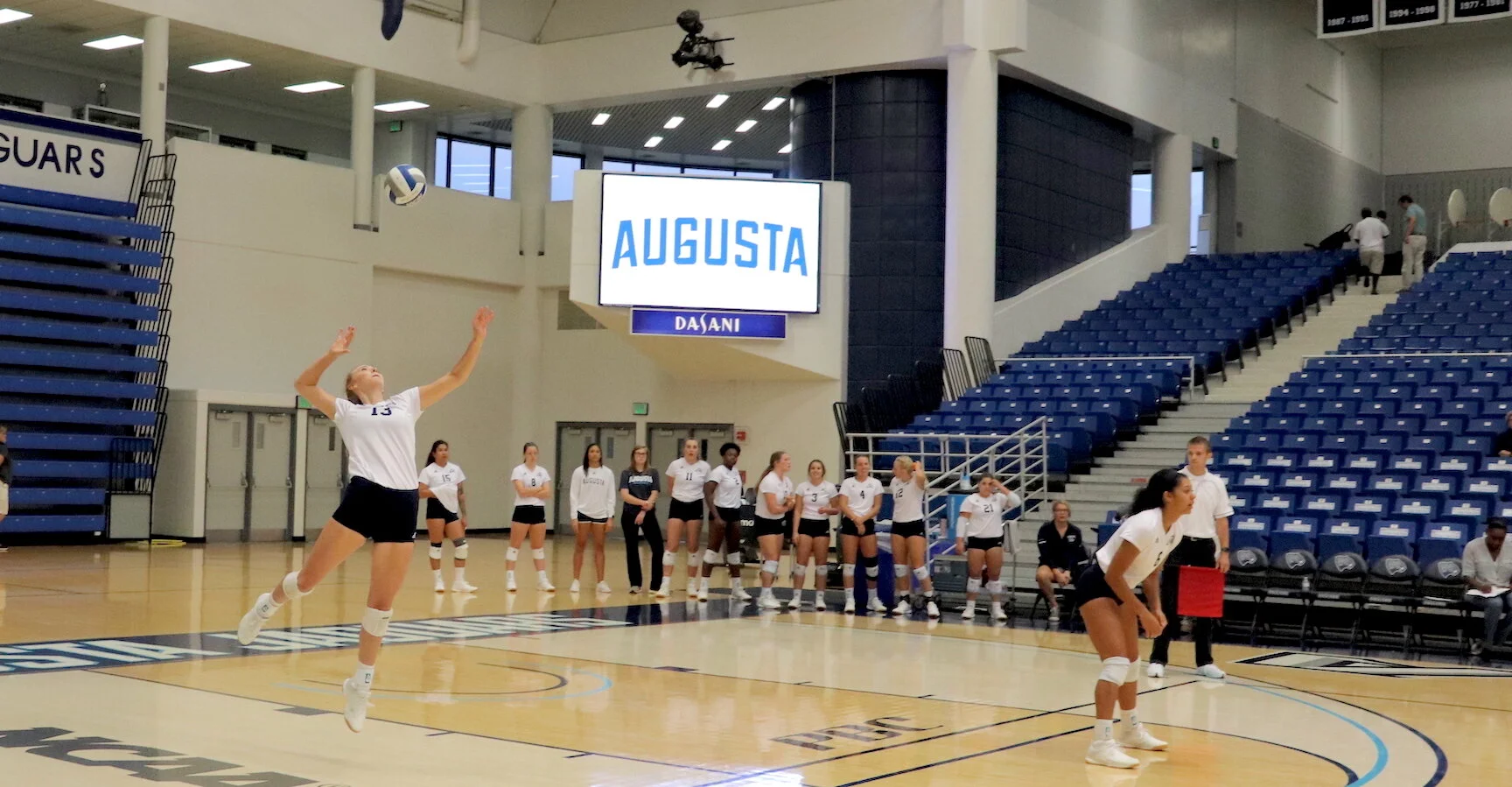U.S. Supreme Court gives K-12 students right to free speech off campus, on social media
By Chris Rickerson | Staff writer
The U.S. Supreme Court made a ruling on June 23 that gives students the freedom of speech off campus and online.
In 2017, a Pennsylvania high school student named Brandi Levy was upset after not be promoted from junior varsity to the varsity cheerleading team. She went on Snapchat and dropped “F-bombs” toward the school and the cheerleading team. The student was punished for these remarks, and her parents went to court to argue the school had no right to punish her.
The Supreme Court ruled that the former student’s actions is protected under the First Amendment. The ruling was the school only has a right to punish the student if it is considered disruptive behavior, harassing or bullying or cheating.
“I would argue that outside of things like threats of violence, constitutional rights should apply fully when your off campus and on your own time,” said Frank LoMonte, executive director of the Brechner Center for Freedom of Information at the University of Florida.
While Levy did use flagrant language, the court ruled it was not disruptive behavior and she did not target any individual, and did not even name the school.
“Her posting did not direct vulgar or abusive language at any member of the school community,” said attorney for the Georgia Press Association David Hudson. “The school's interest in teaching good manners and punishing vulgar language were not sufficient to regulate speech of a student off-campus and on her own time. Nor did the school present evidence that comments about her postings caused any significant disruption of campus activities.”
The decision in this ruling was based of a 1969 Supreme Court case Tinker v. Des Moines involving students wearing black armbands to school to protest the Vietnam War. The court also ruled then that students do have free speech rights as long as it is not disruptive to the school.
“Schools have no right to interfere with student comments off campus, even if they deal with school related matters,” said retired Augusta University communication professor Dr. Debra van Tuyll, who taught media law for several decades at the college level.
Many seem to be in agreement for the rights of free speech off campus for the students and this could cause for administrators to be more cautious when punishing the students for off campus and online activity.
“I definitely think that lawyers will be advising administrators to exercise greater caution before they punish,” said LoMonte. “It will be in the back of the minds of superintendent, principals, and school board members that they don’t have total unstrained tentative authority.”
Contact Chris Rickerson at crickerson@augusta.edu.
Mary Beth Tinker from Tinker v. Des Moines (1969).




